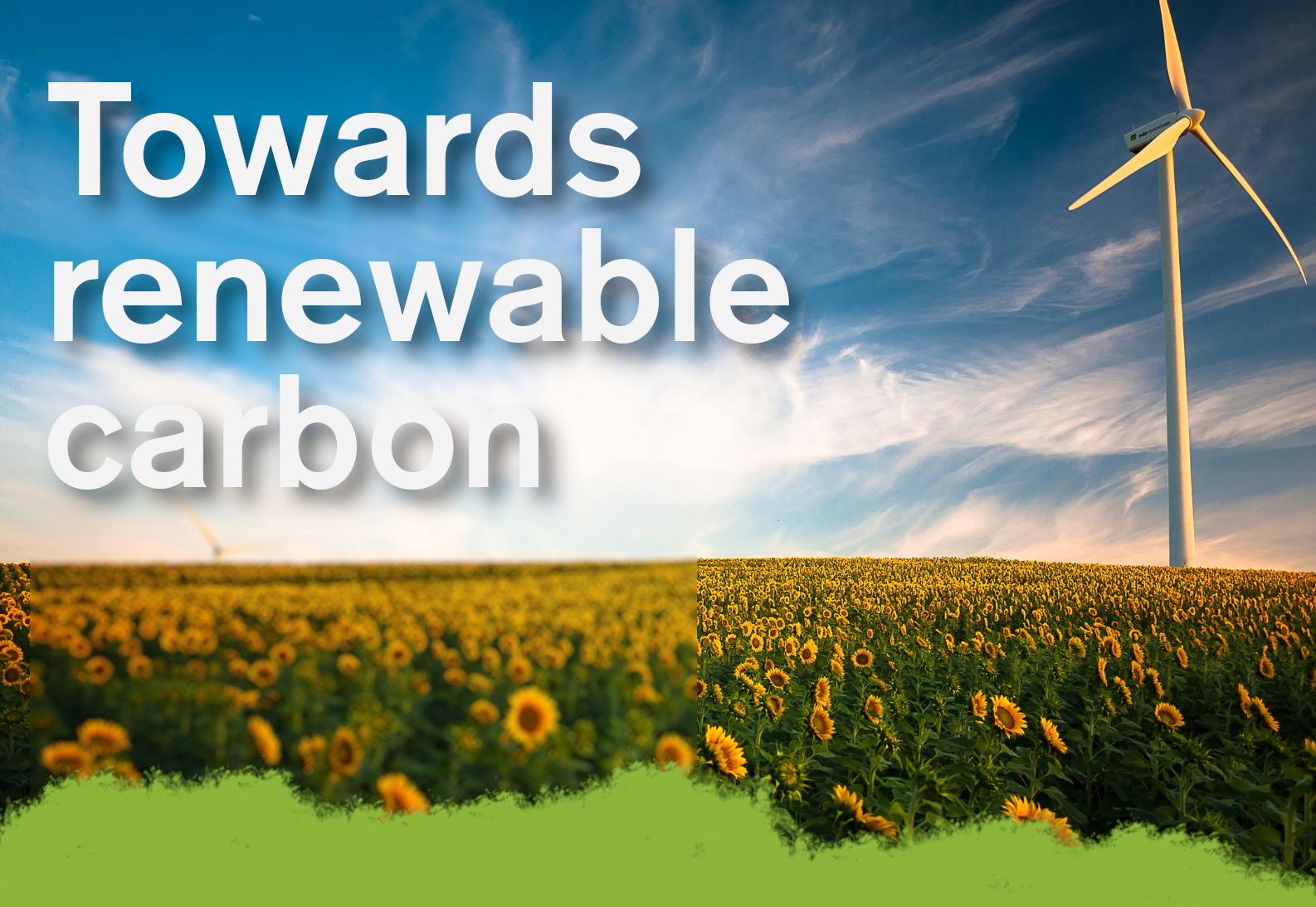13 June 2022
All news
Beckers launches programme towards coatings from renewable carbon
The new programme “Towards renewable carbon”, which aims to collaborate with our partners to transform our total value chain from fossil to renewable carbon, was launched during a sustainability webinar for our key raw material suppliers.
“As an industrial coatings company, we have a responsibility when it comes to sustainable development and so do our supply chain partners in the chemical industry,” says Nicklas Augustsson, Global Sustainability Director. “The majority of our coil coating products are used in the construction industry, which is responsible for 40 percent of global CO2e emissions. We need to play our part by first identifying where CO2e emissions come from in our value chain and then reducing our emissions.”
Introducing the “Towards renewable carbon” programme
For years, we have actively worked on reducing our own greenhouse gas emissions at our manufacturing sites (scope 1 and 2 emissions). As part of our 2030 goals, we have also set targets to reduce CO2e emissions from transport, both inbound raw materials from suppliers and outbound finished products to our customers.
“However, more than 80 percent of the CO2e footprint of our coatings is embedded in our raw materials (scope 3 emissions) as they are often manufactured almost exclusively from fossil sources,” says Thomas Lüder, Global Director Procurement. “Radical change in the industry is required in order to bring fossil carbon use to zero by 2050.”
Beckers’ ambition is to lead the introduction of renewable carbon raw materials into the industrial coatings industry. Together with our customers, we want to be the reference partner to our key suppliers in the development and marketing of materials with renewable carbon content.
“The programme was kicked off by asking our suppliers to individually estimate the CO2e footprint of their products by the end of 2022 and we were encouraged by the positive feedback we received during the webinar,” says Lüder. “Going forward, we will develop routes to gradually reduce the CO2e footprint of our raw materials to zero over time in close collaboration with our partners.”
Almost 100 participants from 27 of our suppliers were involved in the launch webinar. These suppliers were selected due to their key role in our supply chain and included providers of solvents, Isocyanates, polyester, amino resins and pigments.

The essential role of supplier collaboration on decarbonisation
“We need our suppliers to help us meet the environmental demands placed on us by our customers who are in turn being required to reduce the lifecycle emissions of their products by their customers and regulations,” says James Maxted, Global Product Sustainability Director. “At Beckers, we are proactively working to reduce emissions at our own business activities but can only meet the demands from our customers by working together with our supply chain.”
Product Environmental Performance Declarations (EPDs) are becoming increasingly important and steel suppliers are setting emission reduction targets by 2030. Life Cycle Assessment (LCA) tools are also becoming an essential way to communicate the reduced impact of our products as we decarbonise.
Read more about our work with LCA.
“Customers are asking us what our footprint is, so reliable and accurate emission data is essential for their LCA tools to be able to quantify and compare different products,” says Maxted. “Our customers then want to know how we are going to decarbonise and step-by-step reduce our greenhouse gas emissions and this is why we need to work together with both our suppliers and customers.”
Taking the temperature on our suppliers’ progress on emissions
The webinar included several interactive polls where we asked our suppliers where they were in terms of working with emission reduction. The responses we received were very encouraging as Beckers’ suppliers showed to be quite advanced in terms of measurement and target setting.
“Of course we still have a lot of work to do, but the webinar highlighted that we have both the will and ability to decarbonise our value chain,” concludes Maxted.